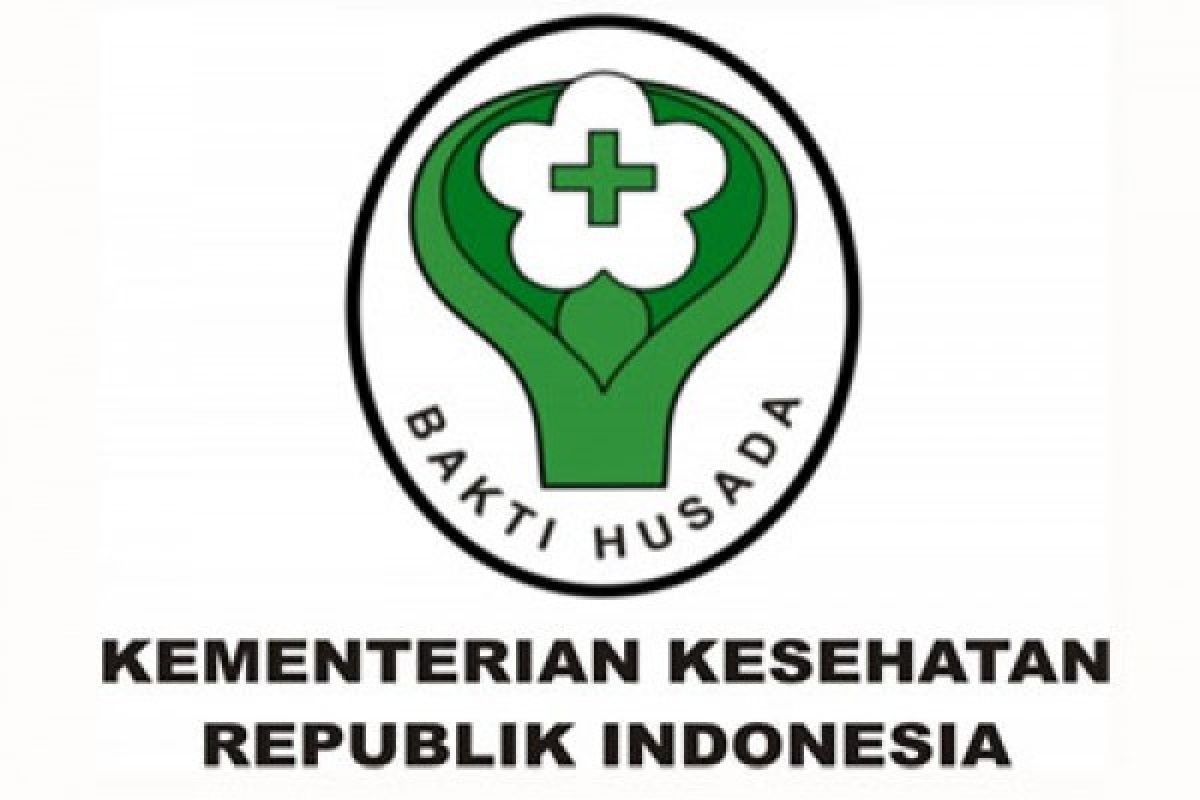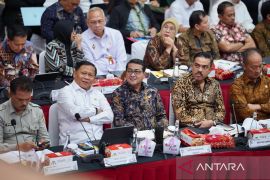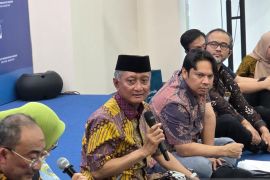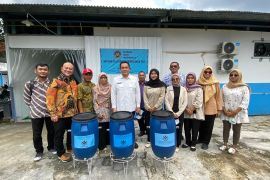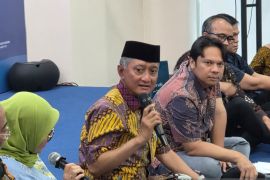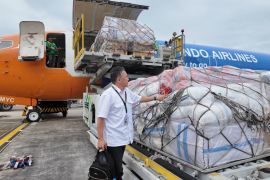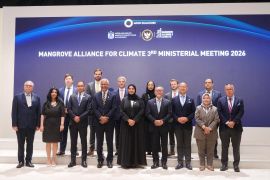"Give them the same attention as you would to others around you, as they still function as well as those without HIV/AIDS, as long as they consume antiretroviral drugs, which slow down the (progression of the) virus (in the body)," Head of Contagious Diseases Management of the North Sulawesi Province Health Office Irma Cahyani stated during a coffee session with TVRI Gorontalo that involved academics and Antara News Agency, Tuesday.
According to data from the health office and Provincial AIDS Management Commission, 100 people were infected with HIV in 2016, 160 in 2017, and up until April this year, there were 180 people.
Meanwhile, the number of those suffering from AIDS in 2016 reached 160 people, 202 in 2017, and 220 up until April 2018.
HIV/AIDS positive cases were first discovered in Gorontalo back in 2001, in the sub-district of Bone Bolango.
The Office has also encouraged the local citizens to not refrain from interacting with HIV/AIDS sufferers, as they are as much human beings as the others, who can carry out daily activities, and the disease does not spread through day-to-day interactions.
"Spread of the HIV/AIDS virus can only happen when there is contact involving blood or other bodily fluids, through sexual contact or breast milk. Hence, there should be no stigma surrounding the fear of being infected with HIV/AIDS by raising awareness, eating, or physical contact," she added.
Bala Bakry, an academic from Gorontalo`s Ichsan University, noted that one of the main factors leading to the swift spread of HIV/AIDS is related to the social environment and family and economic needs.
"When the family environment is no longer conducive, children, even a husband or a wife, can seek to escape from matters that could land them in serious problems, such as promiscuous sexual behavior and drugs, that can then lead to the spread of HIV/AIDS through irresponsible sexual activities and shared needles and blood contact from various drugs," he stated.
Meanwhile, Head of Antara News Agency`s Gorontalo bureau, Hence Paat, expressed hope that all parties, including the local government, non-profit organizations, academics, press, and religious figures, would forge sound synergy in a bid to disseminate information that can prevent unruly behaviors that could lead to further spread of HIV/AIDS.
"The press can play a broader role in disseminating information to prevent HIV/AIDS to have a deterrent effect on the people and discourage them from engaging in free sex and drug abuse," he added.
Reporting by Adiwinata Solihin
Editing by Aria Cindyara
Reporter: Antara
Editor: Suharto
Copyright © ANTARA 2018
